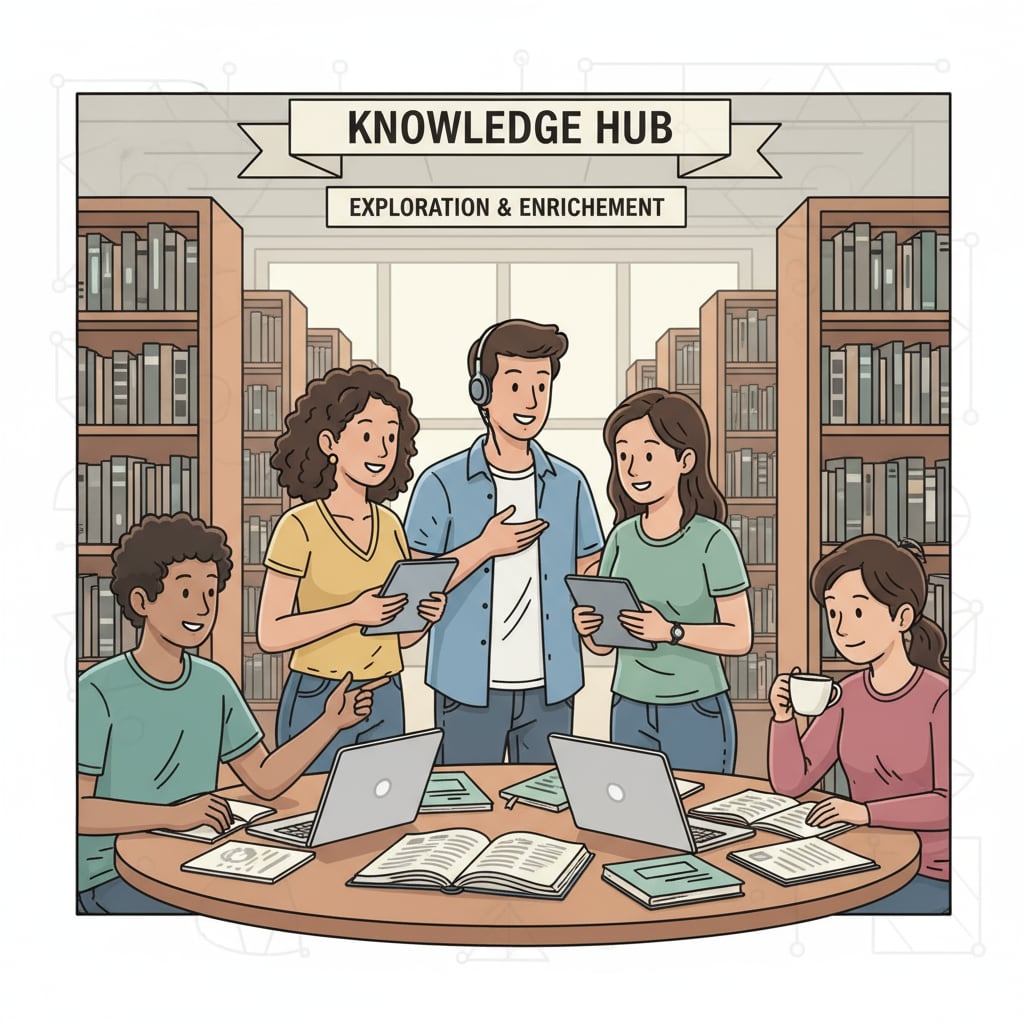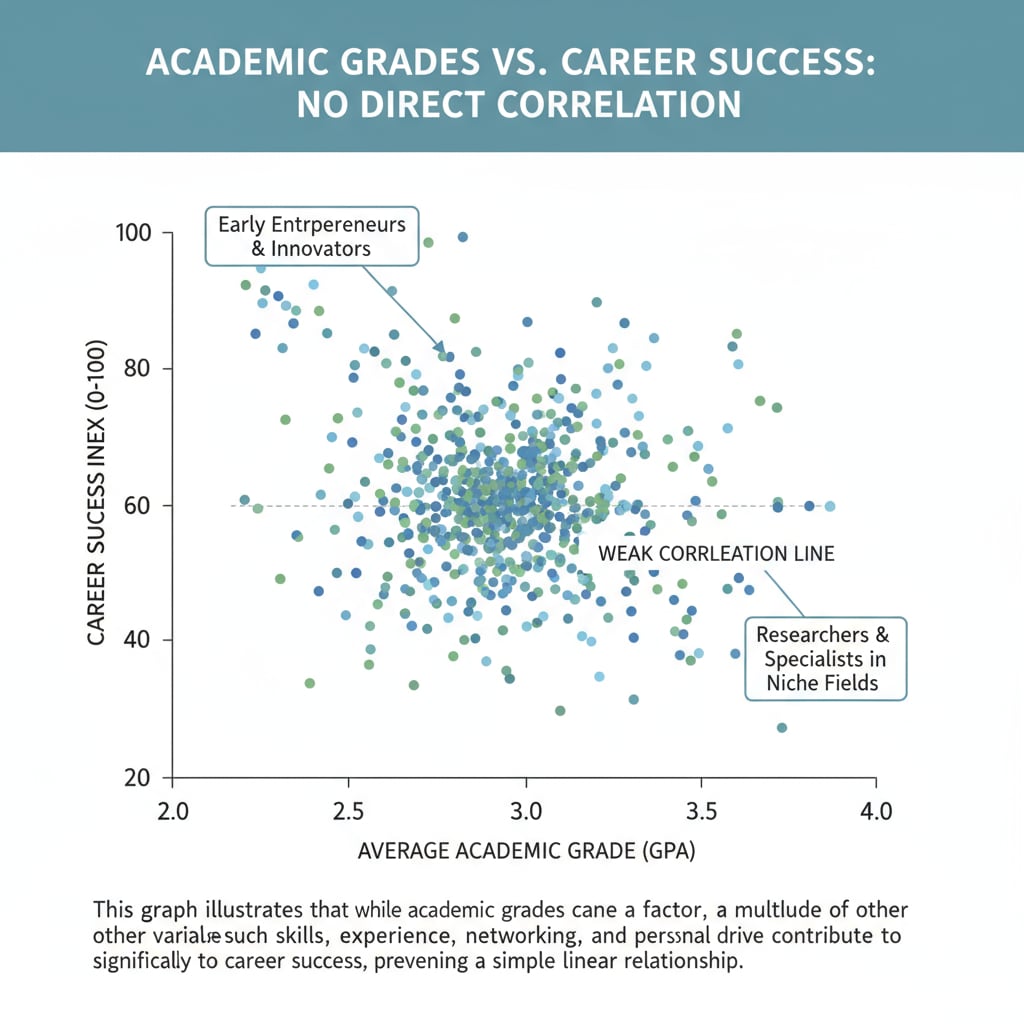Grades, employment, and students are often intertwined in the minds of many. There’s a common belief that excelling in school grades is a surefire path to achieving great heights in the workplace. However, the reality is far more complex.

The Myth of “High Grades Equal High Achievements”
For a long time, society has held the perception that students with top grades will automatically translate their academic success into professional accomplishments. This idea has been deeply ingrained, leading parents, teachers, and students themselves to focus primarily on achieving high marks. However, numerous real-world examples have started to shatter this myth. Many so-called “straight-A students” find themselves struggling to adapt to the demands of the workplace, while some students with average grades manage to thrive in their careers. According to Britannica’s education section, education encompasses more than just academic grades, and this broader view is crucial in understanding the disconnect between school performance and workplace success.

Skills Beyond Academic Performance
Employers today are increasingly looking for a diverse set of skills that go beyond academic knowledge. Soft skills such as communication, teamwork, problem-solving, and adaptability are highly valued. For example, effective communication allows employees to convey ideas clearly, both within the team and to clients. Teamwork skills enable individuals to collaborate effectively towards common goals. These skills are not typically measured by academic grades. A study by Indeed on workplace skills revealed that these non-academic skills play a significant role in career advancement. Students who develop these skills alongside their academic studies are more likely to be successful in the job market.
In addition to soft skills, practical skills and real-world experience are also essential. Internships, part-time jobs, and project work during school can provide students with hands-on experience and help them understand how theoretical knowledge is applied in the real world. This practical exposure gives them an edge over their peers who have only focused on grades.
Readability guidance: As we can see, there’s a clear distinction between what is valued in academic settings and what is required in the workplace. The skills that contribute to workplace success are multifaceted and not solely dependent on academic performance.


